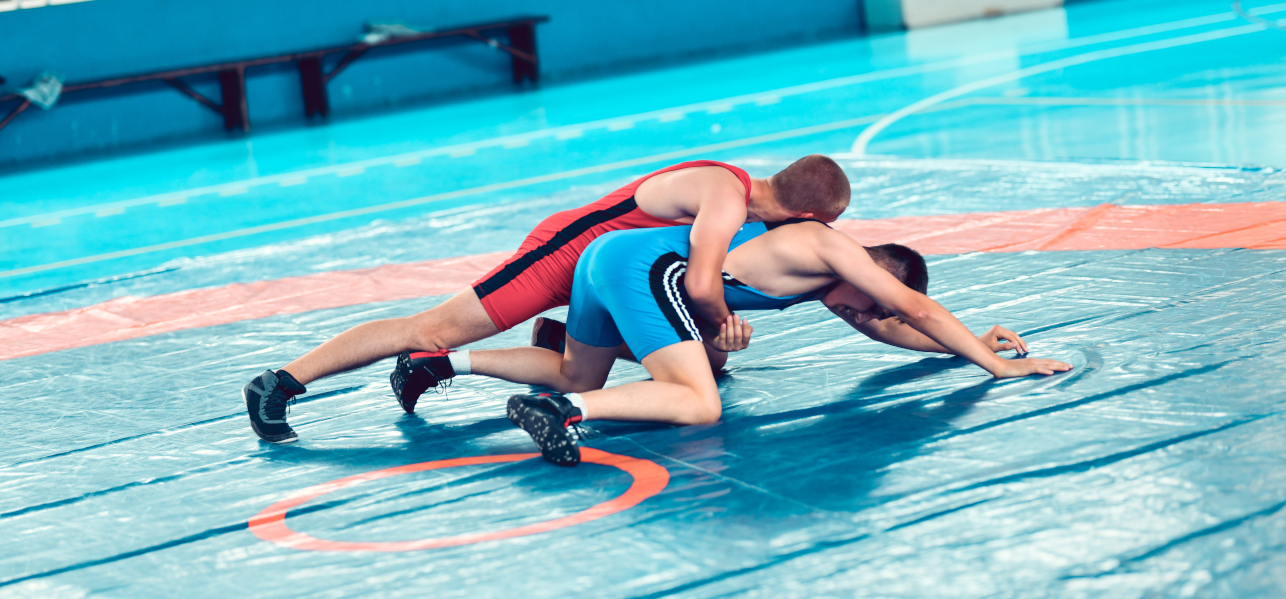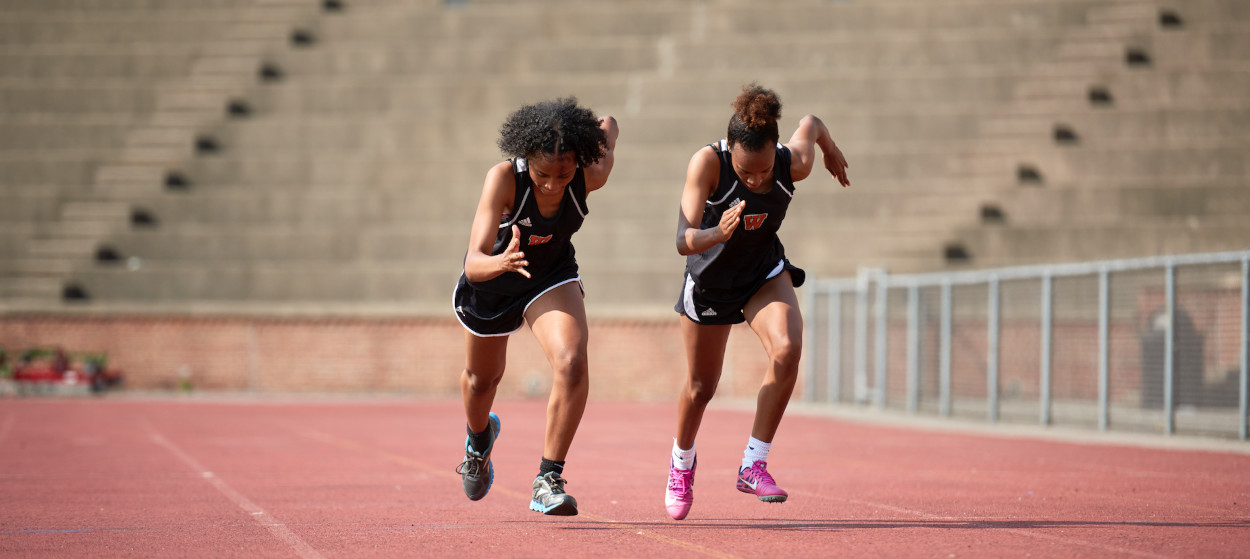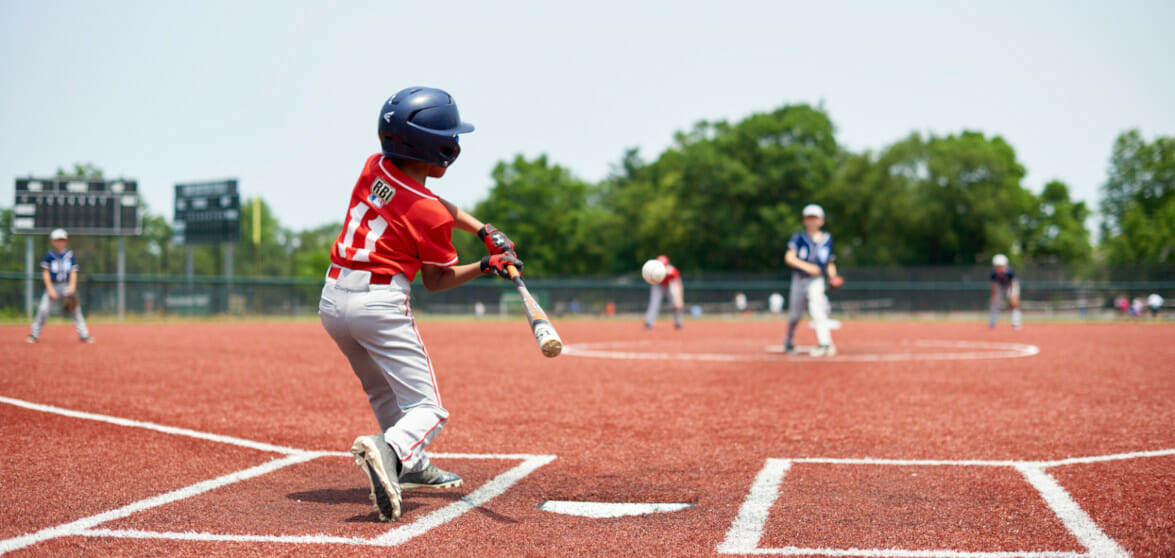If you have a young, budding athlete in your house, you’re probably aware that your child needs to drink plenty of fluids and eat a balanced diet to function at her best.
But did you know that there are certain types of foods – and even combinations of foods – that are best to eat before, during and after the game to help him perform even better?
Athletes Need Carbohydrates & Protein
There are two key nutrients that make a big difference for athletes: carbohydrates and protein.
- Carbohydrates will supply your child with the energy she needs to get through practice and games. Choose whole grains such as brown rice and whole wheat bread and vegetables such as peppers and carrots.
- Protein is important for building and repairing muscles. Choose healthy sources such as fish, meat and poultry, dairy products, beans, nuts, and soy.
With that in mind, I put together some recommendations for incorporating protein and carbohydrates into your child’s diet.
WHAT TO EAT & DRINK BEFORE A GAME
Drink Water Throughout the Day
Make sure that your child is drinking water throughout the day and leading up to the game or practice. Try giving him water with every meal and then 16 ounces two hours before exercise and 8-16 ounces 15 minutes before the activity.
3-4 Hours Before the Game
Have your child eat a healthy portion of carbohydrate-rich food, such as:
- Rice
- Beans
- Pasta
- Potatoes
If your child is at school during these hours and needs an on-the-go option, try packing some granola made with old fashioned oats or whole wheat bread with peanut butter or cheese. The goal here is to make sure that the meal has time to digest but that your child is not hungry during the game.
1 Hour Before the Game
Encourage your child to eat another carb snack such as whole fruit. Bananas, berries, or apples are an excellent choice. Fruit digests easily, so it shouldn’t cause any stomach upset and should keep your child from getting hungry during the game.
It’s best to avoid processed sugary snacks, as they can lead to an upset stomach. Also, eating processed sugar can cause changes in blood sugar and insulin, which can result in fatigue and poor performance.
WHAT TO DRINK DURING A GAME
It’s important for your child to stay hydrated to avoid dehydration and cramping and to help with performance. Your child should drink water every 15-20 minutes during the activity when it will last less than one hour.
When participating in a vigorous sporting event lasting longer than an hour, it is okay for your child to replace the water with a sports drink every 15-20 minutes. This will keep the blood sugar at a good level and will replace the lost electrolytes.
Please keep in mind that sports drinks are meant to be consumed during or after vigorous exercise and are not intended for everyday consumption.
WHAT TO EAT AFTER A GAME
Good post-game nutrition not only helps young athletes feel better after competition, but helps their bodies recover and prepare for the next time they’re out on the field.
Within an hour after the game, kids should enjoy another snack such as fruit, or if it’s available, chocolate milk. Because chocolate milk has a 4-to-1 ratio of carbohydrates to protein, it’s the perfect combination to help with post-game muscle recovery.





